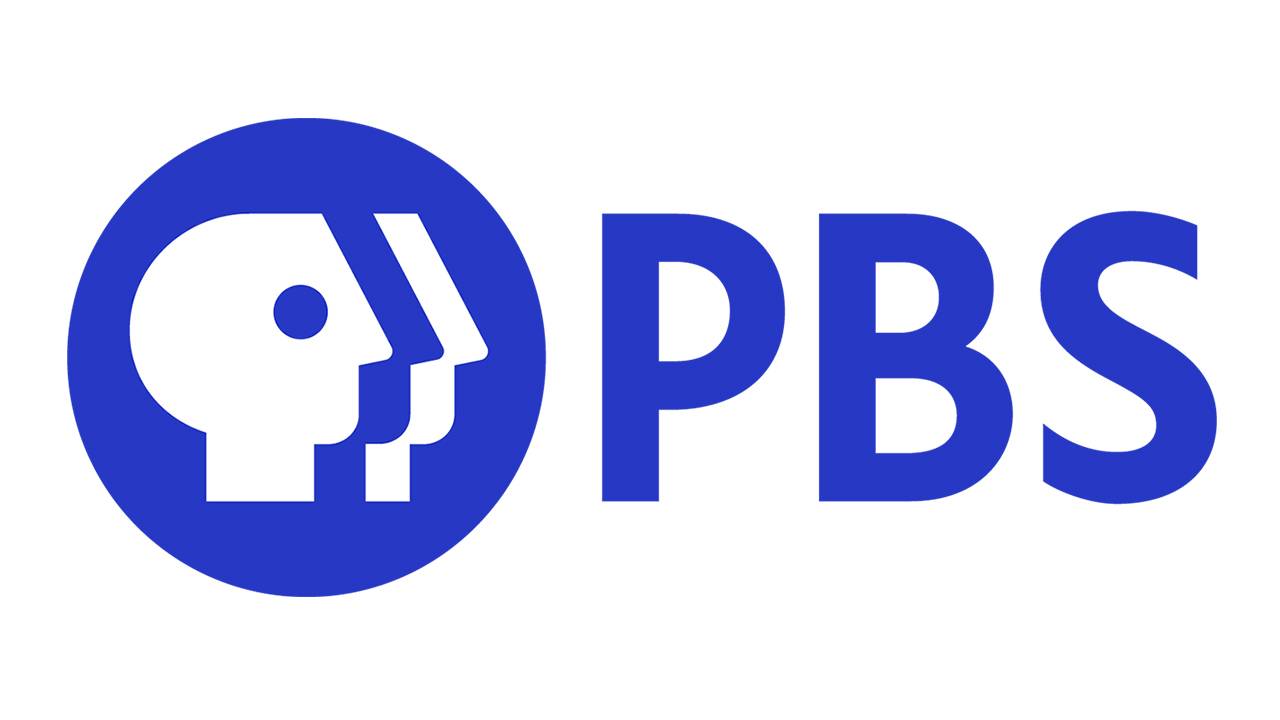Noncoms Put Education Front and Center in Age of Coronavirus

The smarter way to stay on top of broadcasting and cable industry. Sign up below
You are now subscribed
Your newsletter sign-up was successful
America's Public Television Stations said its members are teaming up with local school districts to provide remote learning.
“Public funding by federal and state governments makes it possible for us to serve everybody everywhere for free, and in times like these the value of that investment is incalculable," said APTS president Patrick Butler.
PBS began its life as National Educational Television.
Most of the distance-learning news in the communications space has been made by ISPs offering free broadband to students and their families.
Butler offered up some examples of what noncoms are doing, including:
"In California, all public television stations have committed to support K-12 learning at home. PBS SoCal KCET is partnering with the Los Angeles Unified School District, the nation’s second largest, to provide educational resources — both on-air and online..."
"In Massachusetts, WGBH in Boston and WGBY in Springfield are collaborating with the Massachusetts Department of Elementary and Secondary Education to provide distance learning over broadcast and digital platforms to preK-12th grade students throughout the state.
The smarter way to stay on top of broadcasting and cable industry. Sign up below
"In Michigan, Detroit Public TV is working with community educators across the state to provide free educational programming and associated digital resources that adhere to Michigan’s state curriculum to facilitate at-home learning across all grade levels.
"In Nevada, Vegas PBS is adapting its Reach online instructional resources for a potential extended home schooling experience. The service will be made available statewide for free.
"In Virginia, WHRO in Norfolk has established a free Digital Learning Courses website with links to all of the station’s high school online courses for the 21 school divisions that own WHRO."
“These are examples of what public television stations do best: educate our children and serve our communities,” said Butler.
Contributing editor John Eggerton has been an editor and/or writer on media regulation, legislation and policy for over four decades, including covering the FCC, FTC, Congress, the major media trade associations, and the federal courts. In addition to Multichannel News and Broadcasting + Cable, his work has appeared in Radio World, TV Technology, TV Fax, This Week in Consumer Electronics, Variety and the Encyclopedia Britannica.

